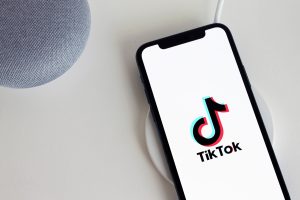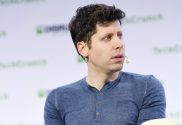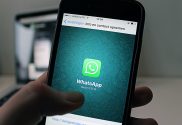
ByteDance: TikTok owner to allow users to create AI chatbots
ByteDance, the Chinese tech giant behind TikTok, is working on a new platform to enable users to create their own artificial intelligence (AI) chatbots.
It’s a major play from the $220bn company as it seeks to elbow its way into the fiercely competitive generative AI space, reports The South China Post.
The “bot development platform” is expected to be launched as a public meta before the end of December, according to an internal memo seen by the Post.
It’s the latest large technology company to dive into the AI chatbot scene in the wake of OpenAI’s ChatGPT explosive growth since it launched one year ago. Amazon Web Services (AWS) announced a new generative AI chat tool named Amazon Q, for businesses just one week earlier.
Who owns ByteDance?
Founded in 2012, ByteDance is best known for developing popular social media platforms such as TikTok and Chinese news platform, Toutiao.
The company’s significance to China is hard to underestimate. TikTok has become a cultural phenomenon worldwide with around 1.2 billion users. In the U.S, it’s estimated around one in three American adults now use the viral video platform.
TikTok’s reach brings a lot of influence or ‘soft power’ to the Chinese state, allowing it to shape international conversations and trends. ByteDance has always pushed back against accusations linking it to the Chinese state. “It’s a private company,” TikTok CEO Shou Zi said during a hearing of the U.S Congress’ House Energy and Commerce Committee in March 2023.
The company says 60% of its shares are owned by non-Chinese investors such as U.S investment firms Carlyle Group and Kohlberg Kravis Roberts and Japan’s SoftBank Group. An additional twenty percent of the company is owned by ByteDance employees around the world. The remaining twenty percent is owned by the company’s founder, Zhang Yiming. TikTok claim Zhang “is a private individual and is not part of any state or government entity.”
The American as less convinced. In 2020 the Trump administration accused Zhang of being “a mouthpiece” for the Chinese Communist Party. Calls to ban TikTok due to its alleged links to the Chinese state have intensified. The state of Montana became the first in the U.S to pass a complete ban on the app based on Dec. 1. Meanwhile, in September, the European Union slapped the company with a $370million fine for breaching privacy laws in processing children’s data.
Featured Image: Pixabay




